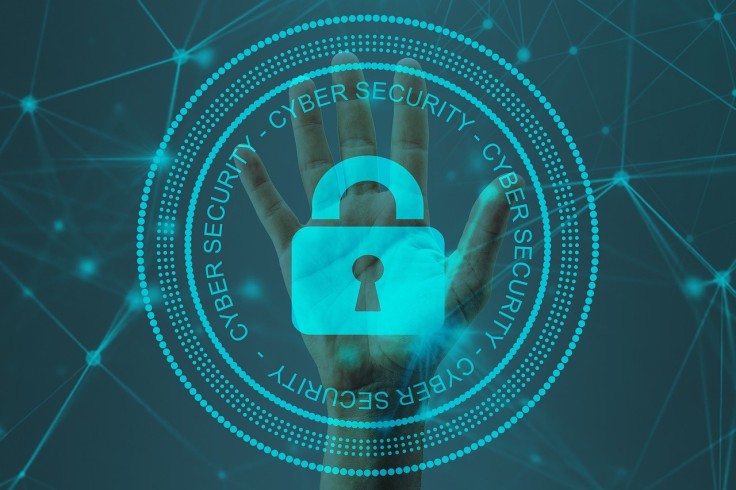
In today's digital age, remote work has become increasingly common, offering flexibility and convenience for employers and employees too. However, with this shift comes new challenges, particularly in cybersecurity. As organizations adapt to remote work environments, it is imperative to prioritize cybersecurity measures to protect sensitive data and maintain operational integrity. This article details why cybersecurity is crucial in remote work and strategies for safeguarding success.
Understanding the Remote Work Environment
Remote work has revolutionized the traditional office model, allowing employees to work from anywhere with an internet connection. This flexibility has numerous benefits, including improved work-life balance and increased productivity. However, without the security measures typically found in office environments, remote workers may be more vulnerable to cyber threats such as phishing attacks, malware infections, and data breaches.
Identifying Cybersecurity Risks
One of the primary challenges of remote work is the lack of control over the devices and networks employees use to access company resources. Personal devices may not have the same level of security as corporate-owned equipment, making them potential targets for cyberattacks.
Additionally, remote workers often rely on public Wi-Fi networks. These networks can be compromised by hackers seeking to intercept sensitive information. Without proper cybersecurity protocols in place, these vulnerabilities can jeopardize the confidentiality, integrity, and availability of data.
The Consequences of Cybersecurity Breaches
Cybersecurity breaches can have harmful effects on businesses, such as financial losses and reputational damage. Data breaches expose confidential information, such as customer data or intellectual property, putting individuals at risk of identity theft and fraud.
The disruption caused by cybersecurity incidents can disrupt business operations, leading to downtime and lost revenue. The impact of a cyberattack can go far beyond the initial breach, affecting customers, partners, and stakeholders.
Mitigating Cybersecurity Risks in Remote Work Environments
To mitigate cybersecurity risks in remote work environments, organizations must implement robust security measures tailored to the unique challenges of remote work. This includes:
Establishing Clear Policies and Procedures
Develop comprehensive cybersecurity policies that outline expectations for remote workers regarding the use of company devices, accessing sensitive information, and reporting security incidents. Regular training sessions can help educate employees about cybersecurity best practices and raise awareness of potential threats.
Securing Endpoints and Networks
Implement endpoint security solutions, such as antivirus software and firewalls, to protect devices from malware and malicious activities. Encourage remote workers to use virtual private networks (VPNs) when connecting to public WiFi networks to encrypt data transmission and prevent eavesdropping.
Monitoring and Detection
Deploy monitoring tools that enable real-time detection of suspicious activities and unauthorized access attempts. By continuously monitoring the network traffic and behavior, organizations can identify and respond to potential threats before they escalate into major security incidents.
Regular Software Updates and Patch Management
Keep software and operating systems up to date with the latest security patches and updates to address known vulnerabilities. This helps minimize the risk of exploitation by cybercriminals seeking to exploit software weaknesses.
Businesses need trusted partners such as F12.Net IT Company to navigate the complexities of cybersecurity in remote work environments. This company offers a comprehensive suite of cybersecurity services tailored to the needs of small to medium-sized businesses. Their services include cyber security risk assessment, penetration testing, incident detection and response, and security awareness training.
Endnote
Cybersecurity is paramount in remote work environments to protect sensitive data, maintain operational continuity, and preserve customer trust. By understanding the risk associated with remote work, your company can implement robust security measures to mitigate threats and ensure a secure and productive remote work experience.









